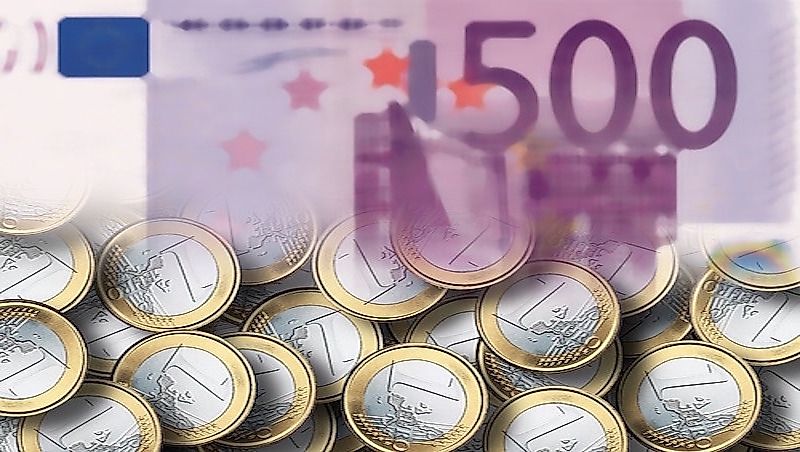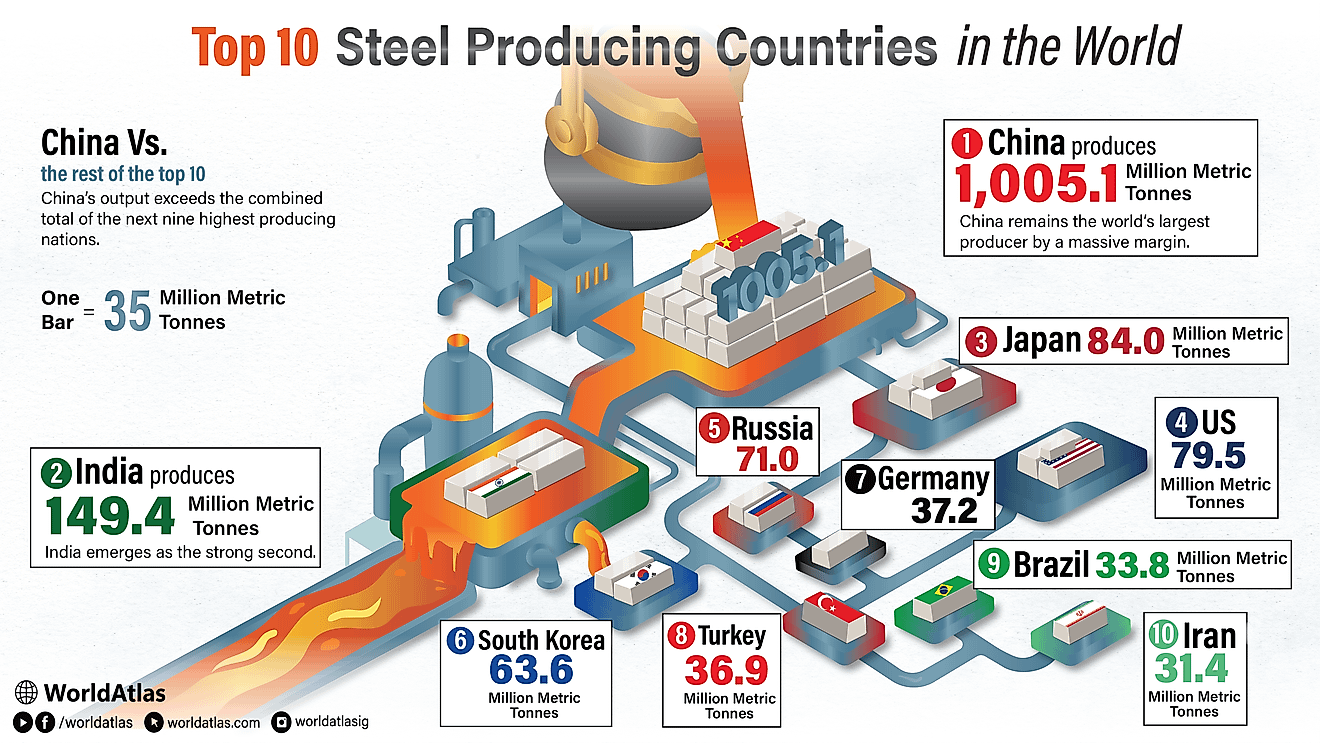How Does Inflation Work?

Inflation is a sustained increase in the general price level of goods and services in an economy over a period of time. Inflation is typically measured as the annual percentage increase in an economy. Inflation generally results in a nation's currency losing value. As the price level rises each unit of currency buys lesser goods and services therefore inflation is a reflection of a reduced purchasing power per unit of currency. After inflation a certain unit of currency can no longer buy the same goods and services it could buy before.
Types Of Inflation
Deflation is the opposite of inflation and it is characterized by a sustained decrease in the general level of prices for goods and services. Hyperinflation on the other hand is the unusually rapid growth of inflation, and under extreme cases it can result in the collapse of a countries monetary system. A notable example of an economy affected by hyperinflation is Germany when prices increased in one month by 2500% in 1923. Stagflation is the combination of a stagnant economy due to inflation and a high unemployment rate. Stagflation transpired during the 1970's mostly affecting industrialized countries whose bad economies were combined with increasing oil prices.
What Causes Inflation?
There is no single reason as to what causes inflation. However, two theories attempt to explain the cause of inflation. Demand-pull inflation is a theory that suggests that prices tend to increase when the demand for goods and services are growing faster than the supply. Demand-pull inflation usually affects the growing economies. Cost push inflation takes place when the costs of production increase resulting to an increase in prices so that the companies cannot maintain their profit margins. An increase in costs of production could be due to the taxes, wages or an increase in the cost of imports.
How Is Inflation Measured?
Inflation is measured using a metric measurement of Consumer Price Index (CPI). The CPI is used to determine the inflation consumers face from their daily expenses by collecting the costs of goods and services from various fields, averaging them out to have an idea of just how much prices are changing. Every time the CPI goes up it means that inflation is taking place. Producer Price Index is used to measure inflation in production processes. CPI is accompanied by another term next to it which usually refers to a certain year or base period which help in the comparison of inflation levels.
What Is The Importance Of Inflation?
Inflation helps a nation to keep its economy balanced thus making it a necessary evil. Inflation produces employment and is a sign that the country's economy is growing. If an economy lacks inflation, then it means that its economy is becoming weak. Lack of inflation also means that there is no incentive to invest and the value of a currency is constant. Positive inflation can help a developing nation to achieve greater flexibility in regards to the labor market. Always inflation at minimal levels is healthy for the economy.
The Disadvantages Of Inflation
Inflation hits the hardest when it is high and when it occurs unexpectedly when people do not have ample time to prepare for it. Banks adjust their interest rates whereas creditors and debtors are at a disadvantage since the increase of prices was not included in the interest rates. An increase in prices for domestic goods as compared to the price of imported goods will result in domestic producers being less competitive.











